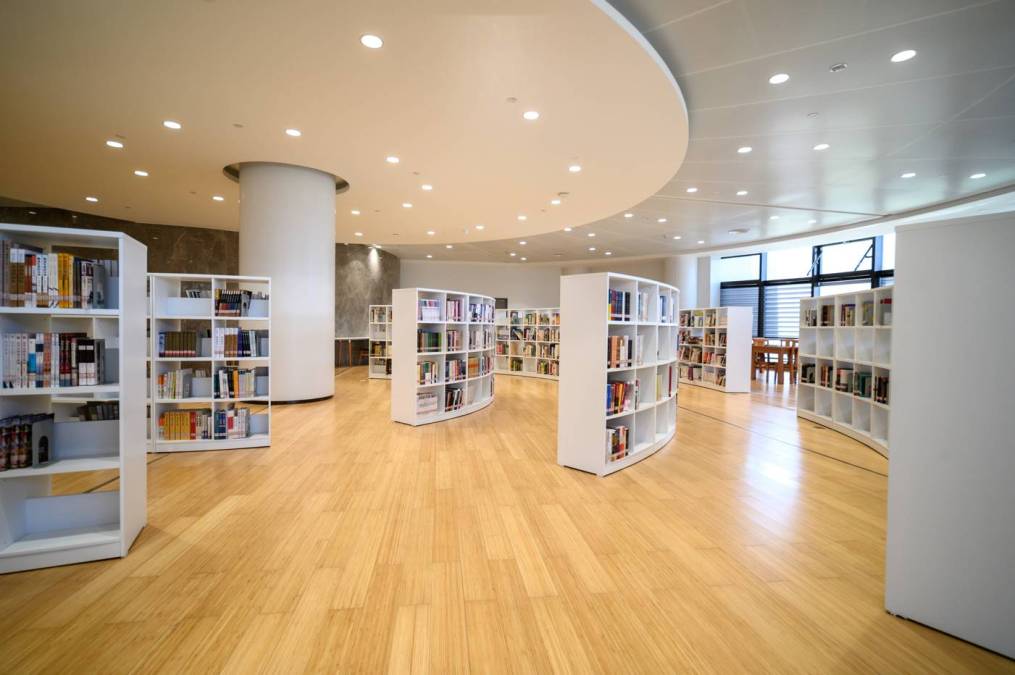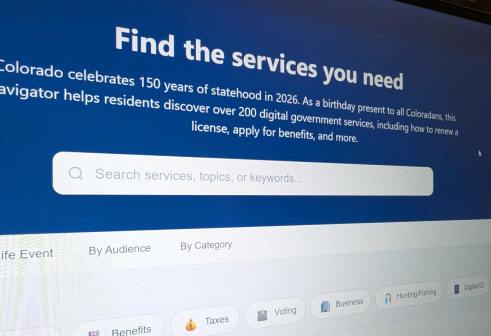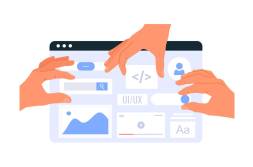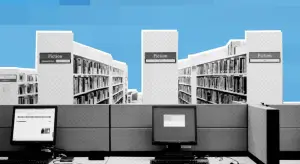New information literacy website aids library and museum educational outreach

The Institute of Museum and Library Services last week launched InformationLiteracy.gov, a website that includes specialized tools and resources designed for library and museum professionals to support the development of financial, health and digital literacy skills.
The website debuted last Thursday at the American Library Association Annual Conference and Exhibition in San Diego.
“People are surrounded by information all the time, every day they are, whether it’s on a phone or on a computer or just in their daily lives,” Cyndee Landrum, acting director of the IMLS, told StateScoop in a recent interview. “And so information literacy is really about building people’s capacity to think critically about information, particularly as it relates to their decision making.”
The new website gives library and museum professionals resources to implement best practices, tools and programs in their communities focused on three information literacy areas: personal finances, health and digital.
“When we think about health literacy, it’s thinking about the types of information that they may receive about a variety of health issues that may be global or personal in nature, and how they go about deciphering that information, looking for new information, and then applying it to decisions that they make for the health of their families,” Landrum explained.
She said the initiative approaches financial literacy similarly, and focuses on supporting community-serving organizations, including libraries and museums, but also zoos, aquariums, botanical gardens, arboretums and nature and science centers help their patrons understand their personal finances and financial systems.
“So that they can make good financial decisions for themselves today and into the future,” she said.
Landrum said that often the first connotation that comes to mind when encountering digital literacy is the digital divide, but the information literacy initiative goes one step further.
“We think about [digital literacy] in terms of people’s access to technology, which is a key important part. But also, once one has access to technology, their ability to navigate, make decisions about what technologies they need to use to do certain things and to engage in certain ways,” she said.
The Information Literacy Initiative began with the Consolidated Appropriations Act of 2022, and directed the institute to explore ways to improve information literacy in American communities, including the formation of a task force comprised of 15 federal agencies such as the Centers for Disease Control and Prevention, the Cybersecurity and Infrastructure Security Agency, NASA, the National Oceanic and Atmospheric Administration, and others, to create develop instructional materials and national strategy.
“Every interaction in a museum or a library, every engagement with an exhibit or program, is an opportunity for those skills to be developed,” Landrum said.






